Intervention orders are an important legal tool, designed to protect individuals from harm or threats of harm. However, in some cases, intervention orders may be obtained based on false statements or misguided concerns. In this blog post, we will take a look at legal strategies and defence options available in Victoria.
Understanding Intervention Orders
Intervention orders, also known as restraining orders or apprehended violence orders in other jurisdictions, serve to protect individuals from various forms of harm, including physical violence, threats, harassment, or stalking. These orders can be initiated by an individual (known as the “applicant”) who believes they are at risk or by the police on behalf of a vulnerable person.
False Statement Intervention Orders
In some cases, intervention orders may be sought based on false statements or exaggerated claims. Such orders can have serious consequences for the accused party, including restrictions on their freedom and reputation damage. If you find yourself facing a false statement intervention order in Victoria, here are some legal strategies and defence options to consider.
1. Seek Legal Advice
The first step when facing a false statement intervention order is to consult with an experienced lawyer who specialises in intervention order matters. They can provide tailored advice based on your specific situation.
2. Gather Evidence
Collect any evidence that can support your case, such as text messages, emails, witnesses, or any other relevant documentation that disproves the allegations made against you.
3. Challenge the Order
Your lawyer can help you challenge the intervention order in court. This involves presenting your evidence and arguing that the order is not warranted based on the facts.
4. Consent Orders
In some cases, it may be possible to negotiate with the applicant and reach consent orders that both parties can agree on. This can be a faster and less contentious way to resolve the matter.
5. Cross-Examination
During court proceedings, your lawyer may have the opportunity to cross-examine the applicant and any witnesses they bring forward. This can be an effective way to expose inconsistencies or falsehoods in their statements.
6. Defamation Action
If the false statements made against you have seriously damaged your reputation, you may consider pursuing a defamation action against the person responsible for the false allegations.
7. Compliance with Orders
While challenging the order, it’s crucial to comply with any interim or final orders issued by the court. Failure to do so can result in further legal consequences.
Conclusion
Facing a false statement intervention order in Victoria can be a challenging and distressing experience. However, it’s essential to remember that you have legal rights and options available to defend yourself.
Seeking legal advice from professionals who understand the nuances of intervention orders in Victoria is crucial to navigating this complex legal terrain. By gathering evidence, challenging the order, and pursuing appropriate legal actions, you can work towards clearing your name and protecting your rights.
RV Legal is here to provide expert guidance and support during this challenging time, ensuring that you receive the best possible legal representation in your defence against false or misguided intervention orders in Victoria.



